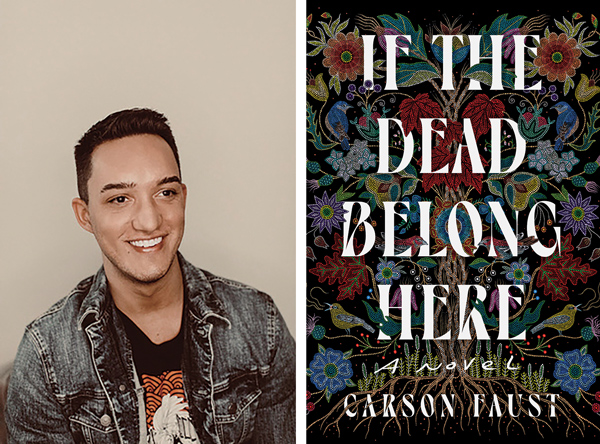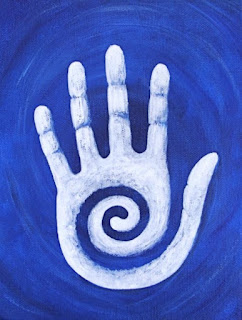If the Dead Belong Here | Carson Faust
COMING THIS FALL 2025
Carson Faust
Growing up in Wisconsin, Carson Faust didn’t know much about the Native American side of his family from South Carolina until his grandmother showed him a box of papers that laid out the family’s genealogy. The box, which also contained interviews with tribal members and non-Native townsfolk, became the origin for If the Dead Belong Here (Viking, Oct.), Faust’s haunting mystery about a missing Native American girl.
“It was almost like an anthropological study,” says Faust, an enrolled member of the Edisto-Natchez-Kusso Tribe of South Carolina. He spent hours poring over the documents in his grandmother’s attic and began writing a story, interspersing sections that mirrored these archival documents, until he lost interest in the “idea of outsiders describing my culture in the form of affidavits or census records.” He explains that “it became important to me to center the voice of a community.”
In the novel, Ayita Taylor, a Native woman living in Wisconsin, is raising two daughters by herself after her abusive husband abandoned the family. When the youngest, Laurel, disappears from her tree house without a trace, her older sister Nadine turns to her family elders in South Carolina for answers. They suspect that capricious spirits called ucv’ske might have claimed Laurel for themselves, taking her to the “in-between” realm in which the ucv’ske and other ancestral ghosts reside.
Nadine spearheads the effort to rescue her sister from the potentially malevolent spirits, but in playing with the horror genre, Faust says he wanted to avoid the “final girl or final survivor” trope. Instead, he “tried to reimagine this as a survivalist collective action” about a family coming together, be they living relatives or ghosts. Though many people associate ghosts with terror, it’s not that way for Faust.
“To be haunted by family to me actually feels like love,” he notes. It’s not easy, after all, to get one’s message across from the beyond. “A ghost is just like a person with communication issues,” he adds, laughing.





Comments